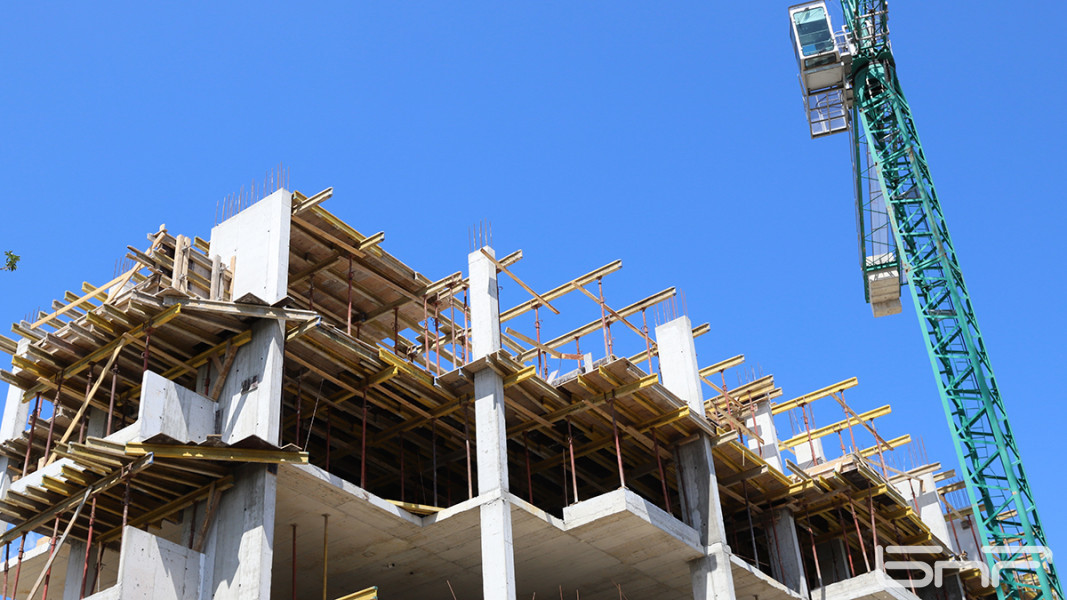The Covid-19 crisis has affected all business spheres. However, according to data of Bulgarian real estate agents, demand and sales of housing properties have gone up, especially in the big cities. In their view, this is due to several reasons, but the latest increase in property sales is mainly due to the return of confidence towards Bulgaria’s property market. Investors are showing serious interest in depreciated holiday properties sold predominantly by foreign nationals who are rushing to sell their properties in Bulgaria even at prices below the market prices. This is so, because these people find it difficult to travel during the coronavirus pandemic. The main purchasers of real estate properties in Bulgaria are Bulgarian citizens living in Bulgaria or abroad who invest their savings in properties, in order to rent them or spend their summer vacation in them.
Almost no foreign investors buy real estate properties in Bulgaria anymore, Kaloyan Balinov, co-owner of a real estate agency told the BNR-Varna:
“Our neighbors from Romania are now the only foreign nationals who are showing interest in Bulgarian property. Some Russians who settled in Germany also bought a property in Bulgaria as a form of investment. During the winter, the airlines suspend their flights due to the Covid-19 restrictions. That is why the foreign nationals who own properties in Bulgaria travel to this country during the summer season, but during the winter their trip to Bulgaria is very difficult and expensive. On the other hand, Bulgarians have been showing bigger interest in Bulgarian properties. Property sales rose significantly. Buyers are trying to buy off-plan properties or properties under construction. An entire residential complex consisting of four houses was sold before its construction even began. Highest interest in real estate properties was registered in Plovdiv, followed by Sofia and Varna.”

According to real estate agents, the prices of properties have slightly increased. In their words, this is due to the higher prices of construction materials, rather than to bigger demand. “The prices of iron and wood went up twofold. As a result, the prices of newly-built homes have increased between 10% and 20%. This is a result of the post-pandemic crisis”, Kaloyan Balinov went on to say and added:
“Housing prices in Varna have increased this summer. Residential buildings are built in new areas. The prices range from EUR 650 to EUR 900 per square meter. Investors are showing interest in village properties as well, which are a preferred destination for tourism during the weekends. People want to possess a property far from the traffic noise in the cities. Moreover, the prices of these properties are quite attractive and are much lower than the prices of urban properties”, said Kaloyan Balinov.
Editing by: Gergana Mancheva
English version: Kostadin Atanasov
Photos: BGNES, Ani PetrovaBulgaria's main trading partners are Germany, Romania, Italy, Greece and France, which account for 62.5% of exports to EU Member States, according to NSI data. In February, exports of goods from this country to the EU decreased by..
The liberalization of the electricity market for household consumers and their entering the free electricity market, something companies did years ago, is being postponed. At least for now. The reform should have entered into effect on 1..
The preparation of the non-banking financial sector for the introduction of the euro is at a very advanced stage and a significant part of it has already taken concrete measures to adapt to the new currency, the new chairman of the Financial..

+359 2 9336 661
